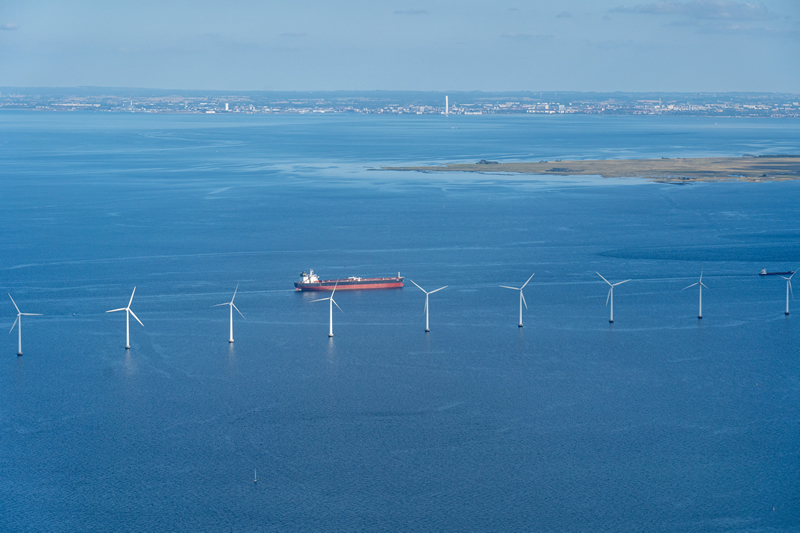Commercial Shipping Powered By Wind
22
Cargill, the largest private company in the United States and the world's leading agricultural shipping firm, has embarked on its inaugural voyage utilising specialised sails partially powered by wind. The primary objective is to investigate how wind propulsion can contribute to the reduction of energy consumption and carbon emissions in cargo ships and the broader maritime sector.

With a global annual transportation of 225 million tons of dry bulk cargo across more than six hundred vessels, Cargill aims to explore innovative solutions for sustainability. In pursuit of this goal, one of its cargo ships has been retrofitted with WindWings sails designed to curtail fuel consumption and consequently decrease carbon emissions associated with shipping. The vessel in question has been outfitted with two WindWings sails, each towering at a height of 37.5 meters (123 feet). Constructed from materials similar to those found in wind turbines, these sturdy sails can be integrated onto cargo ship decks, offering a feasible option for older vessels to enhance their environmental performance. The ship's inaugural journey will take a route from China to Brazil.
This pioneering project is a collaborative effort involving BAR Technologies (the developer of the sails), Cargill Ocean Transportation, Mitsubishi Corporation, and Yara Marine. Jan Dieleman, President of Cargill, underscores the challenges of decarbonising the maritime industry and the significance of innovation in propelling the sector forward. According to BAR Technologies, these expansive sails have the potential to reduce the ship's fuel consumption by approximately 20%. Cargill perceives this maiden voyage as a prospect to assess whether reverting to traditional wind-assisted propulsion could be a viable direction for the future of maritime cargo transportation.
Should the trial prove successful, Cargill intends to install WindWings on ten additional ships. The appeal of wind energy, described by Jan Dieleman as "free," offers an attractive incentive for this transition. He emphasises that while no single solution can entirely decarbonize the industry, wind-assisted propulsion technology holds promise in contributing to this effort.
The Pyxis Ocean joins a limited fleet of very few large commercial ships employing some form of wind-assisted propulsion. Despite over 110,000 new-build order vessels, fewer than 100 currently integrate wind-assisted technology. However, if more shipowners, operators, and charterers opt to harness renewable energy for their fleets, it could significantly impact cleaning up the environmentally taxing shipping sector. Protea views the integration of renewable energy systems as a positive stride, as saving one ton of marine fossil fuel usage is equivalent to mitigating around three tons of carbon dioxide emissions.
Addressing carbon emissions on a broad scale within the shipping sector demands intricate implementation and substantial investment. Throughout this process, Cargill expresses its commitment to catalysing change, leveraging its central position in the value chain to drive positive transformations. By making significant investments in wind-assisted propulsion and green methanol fuel, Cargill demonstrates a willingness to share risks with commercial partners and recognises that the commercial value of these technologies can pave the way for widespread adoption.
#protea #emissions #monitoring #cems #ftir #gas #analysers #shipping #marine
Other Articles
Carbon Capture Utilisation & Storage (CCUS) In 2026
16
Global Underground CO2 Storage Data Offers Hope Amid Rising Emissions
01
IMO Postpones Adoption Of Global Net-Zero Shipping Framework
04
Pioneering Carbon Capture Projects Ready For Construction
03
Methanol & Ammonia Deemed Ready As Zero-Emission Shipping Fuels
01
Carbon Capture Storage Reaching A Turning Point In Decarbonisation
13
CCS To Capture 15% Of Shipboard Carbon Emissions By 2050
29
Global Shipping Industry Struggles To Navigate Net Zero Transition
21
Carbon Capture Surges as Economics Policy & Industry Demand Align
14
GHG Emissions At Ports On The Rise Despite Initiatives
07
